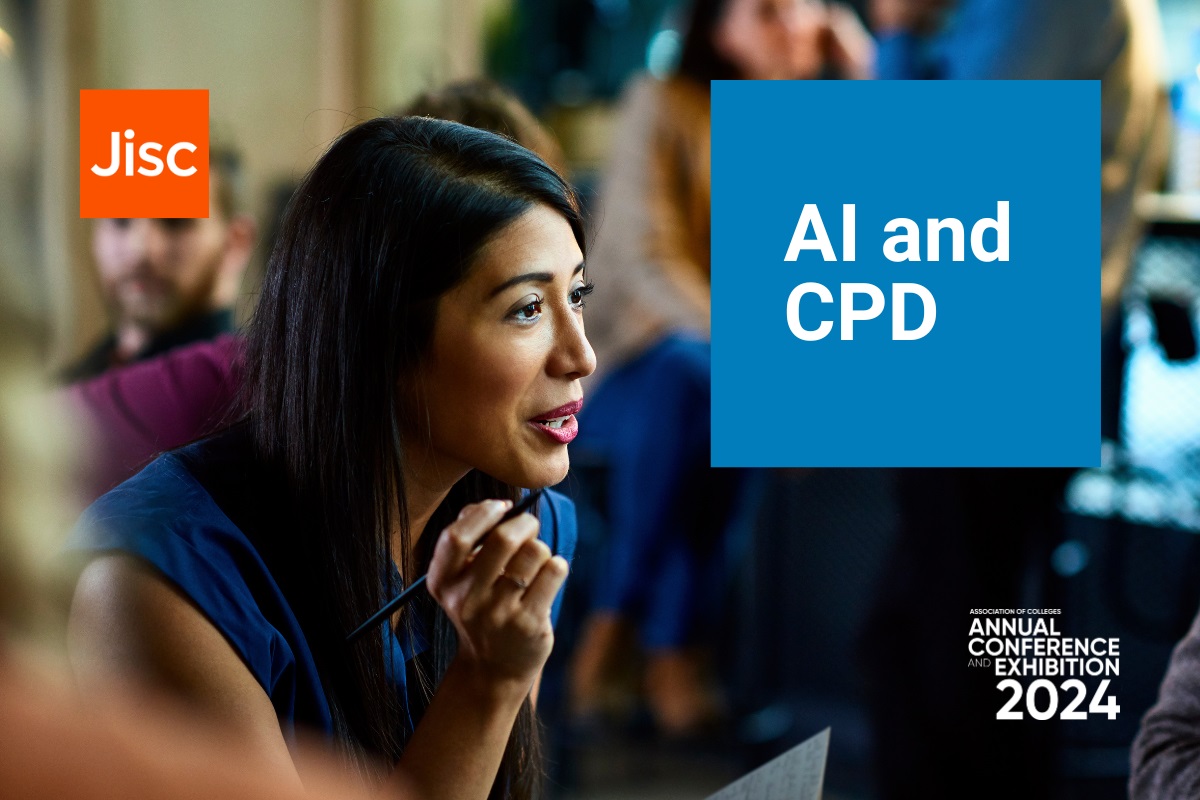FE Funding, Brexit and Social Mobility #SkillsWorld

This week Tom talks to Claire Fox, Director of Academy of Ideas, and regular commentator on our airwaves around a whole host of moral and political issue. Claire originally worked as a mental health social worker, she also worked as an English lecturer in two further education colleges in the late 1980s and 90s.
Looking back to her time as a lecturer, Claire recalls the vibrancy and wide range of provision that was available, and discusses FE funding, social mobility, the over emphasis on grades and qualifications in technical education, and Brexit…
Do you go along with this idea that FE has always been a poor relation in our education system?
Claire Fox: Well, there’s always been that kind of Cinderella reputation. But actually, when I was teaching in FE. God knows it wasn’t perfect, but there was a sort of vibrancy. Apart from anything else, because it gave a very wide range of provision.
So, there were all sorts of people who were studying at further education. I taught special needs students for a time, I taught a students who were expelled from local schools. In other words, it acted as an alternative provision for them doing an English GCSE.
Then of course I taught people who were doing vocational courses, I taught them English and gave them learning support. Then I taught GCSE and A level as well, and access of course.
So, there was a whole wide range of ways in which further education did allow a lot of people, who wouldn’t otherwise have the opportunity, a way in to maybe study academically, to have access via adult education. I started women return to work, and women return to study, all of those kind of courses.
Where people, who’ve never actually done any academic education at all for many, many years, were able to come and dip their toe in to self educate, which was very important. That wouldn’t happen now.
Do you feel like education is anything like the engine of social mobility that it used to be, why is that?
Claire Fox: I think that people obsess about social mobility and we have to be a bit careful about this. One of the ways that we discuss social mobility today is the assumption that you’re nobody unless you go on to higher education. I mean that’s one of the downsides of the expansion of the university system.
I actually think that even the expansion of the school leaving age, effectively to 18 now, has not done anyone any favors. One of the joys of further education was that it was a voluntary arrangement for 16 year olds who had well and truly left school, but wanted to look around and see what provision there might be, or for adults returning to education, but that it was voluntary was important.
Now you just kind of have to stay on, if you see what I mean, and that has kind of taken the joy out of it. It also implies that if you don’t jump through a number of qualification hoops, that you are a lesser person. I think that’s really problematic.
The fact that so many young people now feel that you have to stay on in the sixth form well, or you have to go to university, because that’s the only way you’ll access jobs, and it’s a route for social mobility.
This associates social mobility in a way with a very narrow version of what I would consider getting on. One of the things I really like about further education, was a spirit of education, when I say education for its own sake, that might sound odd in a further education context.
A lot of people were training for jobs, and that was a distinct and honorable position to be in. But we don’t even have that now, because we’ve merged all of these things together.
Do you see any brighter future in pathways opening up for young people, which are not just about this traditional academic route, about perhaps more of a technical route, and also a work based route, such as an apprenticeship?
Claire Fox: For me formal education should stop at 16. That’s where you’ve kind of been educated by the state to a certain extent, and then you have a number of options. But because we’ve overemphasized going to university, it inevitably has led to the downgrading of technical education.
The irony of this is that we have a situation where, although there’s lots of talk about apprenticeships, and T Levels, goodness knows a lot people mention this. Actually, we’ve got a real problem of skills training.
I really believe that people are not actually being educated or trained in the skills that they need to have to supply the workforce. Now I’m not one for education for work, but once you leave that formal bit at 16, then for me you should have the option of very high standard, skills based, work related training, should you want it.
One of the things that’s happened is we’ve slightly over academicised some of that work as well. So you will end up finding that some of the apprenticeships and skills spend too much time trying to pretend they’re like academic qualifications, and not actually teaching people what you need to know to work, in the different industries that their skills based training is associated with.
As someone that campaigned to leave the European Union in the referendum, do you see that there are opportunities around this whole agenda for education, for left behind communities, for perhaps a different approach to the labour market particularly at the bottom end?
Claire Fox: Well I think that one of the things that’s being very focused on this discussion is suddenly this realisation: when people say for example but what will we do if we haven’t got this other workforce coming in via freedom of movement, you know how will we cope.
As though there’s no one in Britain at all. And then you think well actually there’s lots of people who live here now, and if they haven’t got the skills or the qualifications, isn’t that on us?
Maybe it’s an opportunity to really review that, and take it seriously, and kickstart that. I’ve noticed, as you’ve mentioned, that a lot of employers, a lot of companies have just abandoned that field.
You’ve said there’s less investment, and that’s no surprise because they say, “well they’ve extended the school leaving age to 18, it’s up to the government to do it”.
Or, “we’ve got all these graduates from different countries around Europe that might come here, and do low skilled jobs but they’re graduates, so you know what’s there not to like?”
Now having said that I’m not actually opposed to, of course if anything I’m very liberal on immigration, I like the idea of people moving around the world, and being able to have the freedom to move, and come add to any country that they’re in, by bringing all sorts of new experiences and so on.
I hate the cynical way that that freedom of movement is being used to downgrade, for example further education colleges, and the skills agenda. Because it’s absolutely a disgrace in fact, that millions of jobs that we need doing in this country, can’t be done by young British kids.
Wherever they originate from, by the way and wherever they’re from, that they can’t actually access the skills that they need to go and get those jobs. That’s what we should be concentrating on. So what a fantastic opportunity Brexit could, be in that sense. It’s a chance to re-envisage and re-look at that whole situation.
Would you go along with some kind of easier movement, which is about young people getting opportunities to study and work abroad, but not perhaps about these other automatic rights which have come through our membership of the EU?
Claire Fox: I think the main issue in relation to the whole Brexit discussion has been about controlling the borders. I think that therefore there is a role for having a very vibrant democratic debate about what kind of movement we want, what kind of immigration we want.
So, I don’t wanna be overly rigid, and I fear that Sajid Javid is being that. My concern about the kind of, “you can only come here if you’re well qualified”, is again we kind of create this atmosphere that qualifications are it, and you’ve got a kind of two tier immigration whereby only the best can come in.
That implies that unqualified people. or people who have potentially not got the skills qualifications anywhere. are somehow kind of like not as important. That really annoys me as well.
One of the most pressing aspects of the Brexit debate, and some of the attacks on people who voted Leave, was the idea that they weren’t well educated. That was, that they didn’t have university degrees and so on, as though somehow they were lesser citizens.
I think we need to be very firm in asserting that, you know because people go to further education colleges, or don’t get three A’s at A level, that doesn’t make them less smart. It means that they’re less academically qualified, it doesn’t mean that they’re not capable of being intelligent, bright, open minded, and thoughtful, and certainly they should be treated as equal citizens.
So my nervousness about the two tier immigration system is that Sajid Javid has done it around qualifications, or is proposing, is that it reinforces that kind of slight intellectual snobbery that we’ve been familiar with recently.
{https://soundcloud.com/fenews/skills-world-claire-fox}







Responses